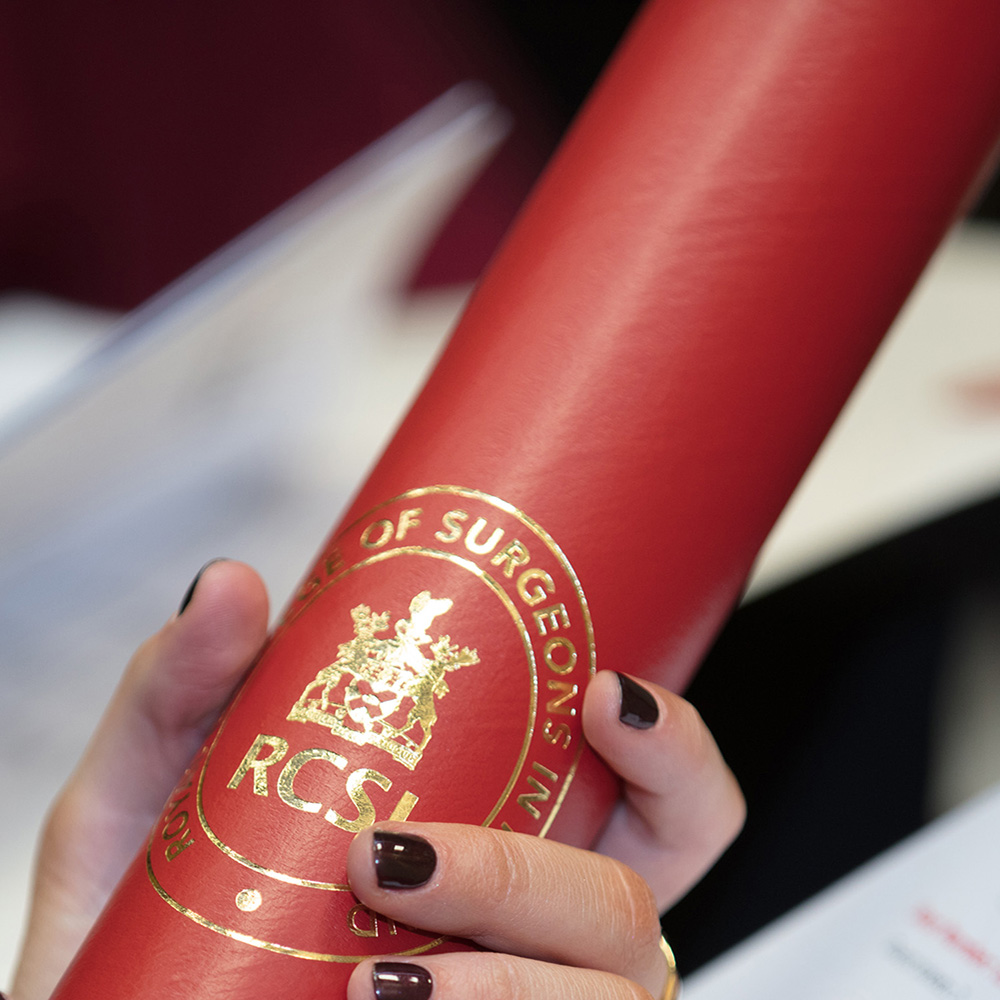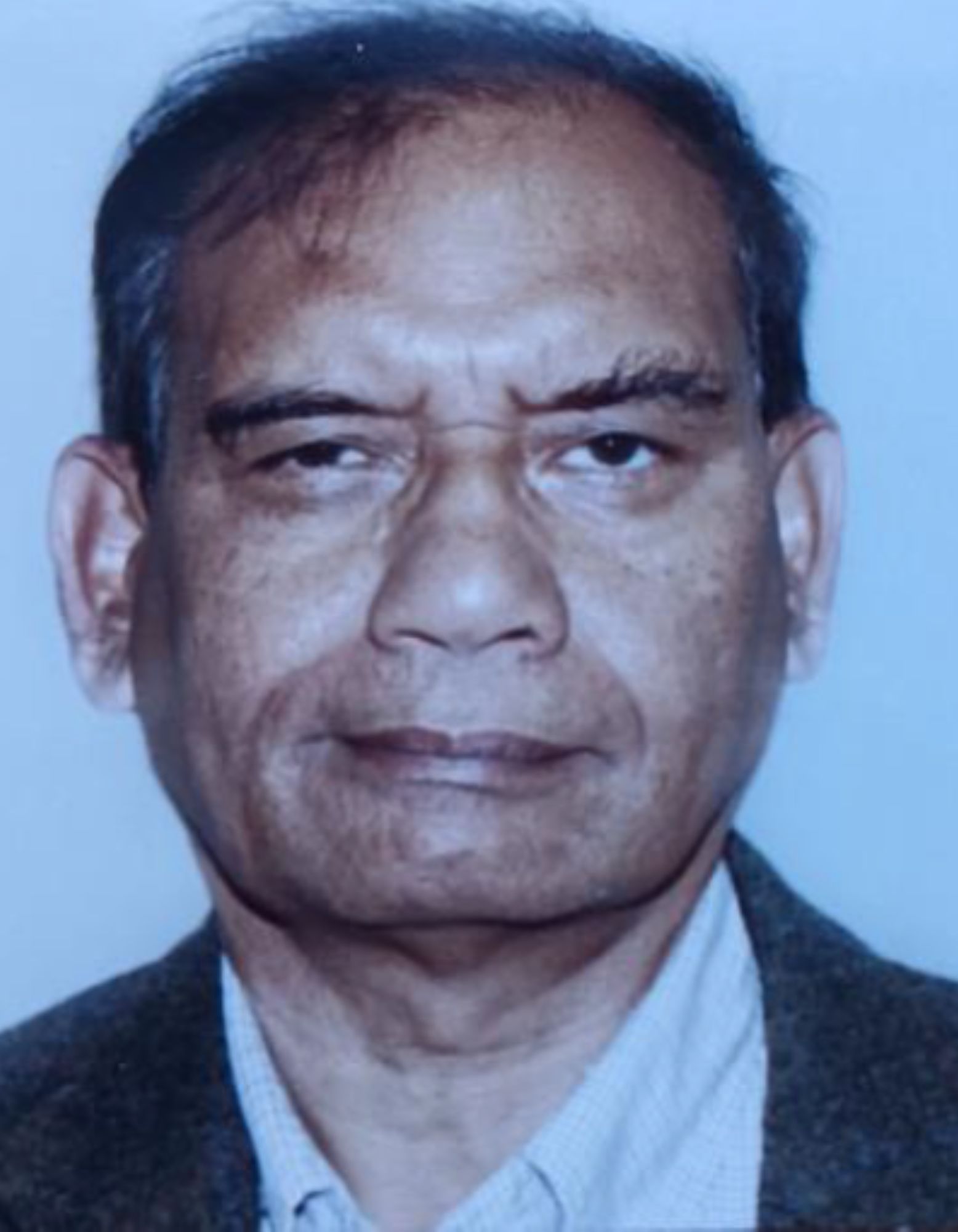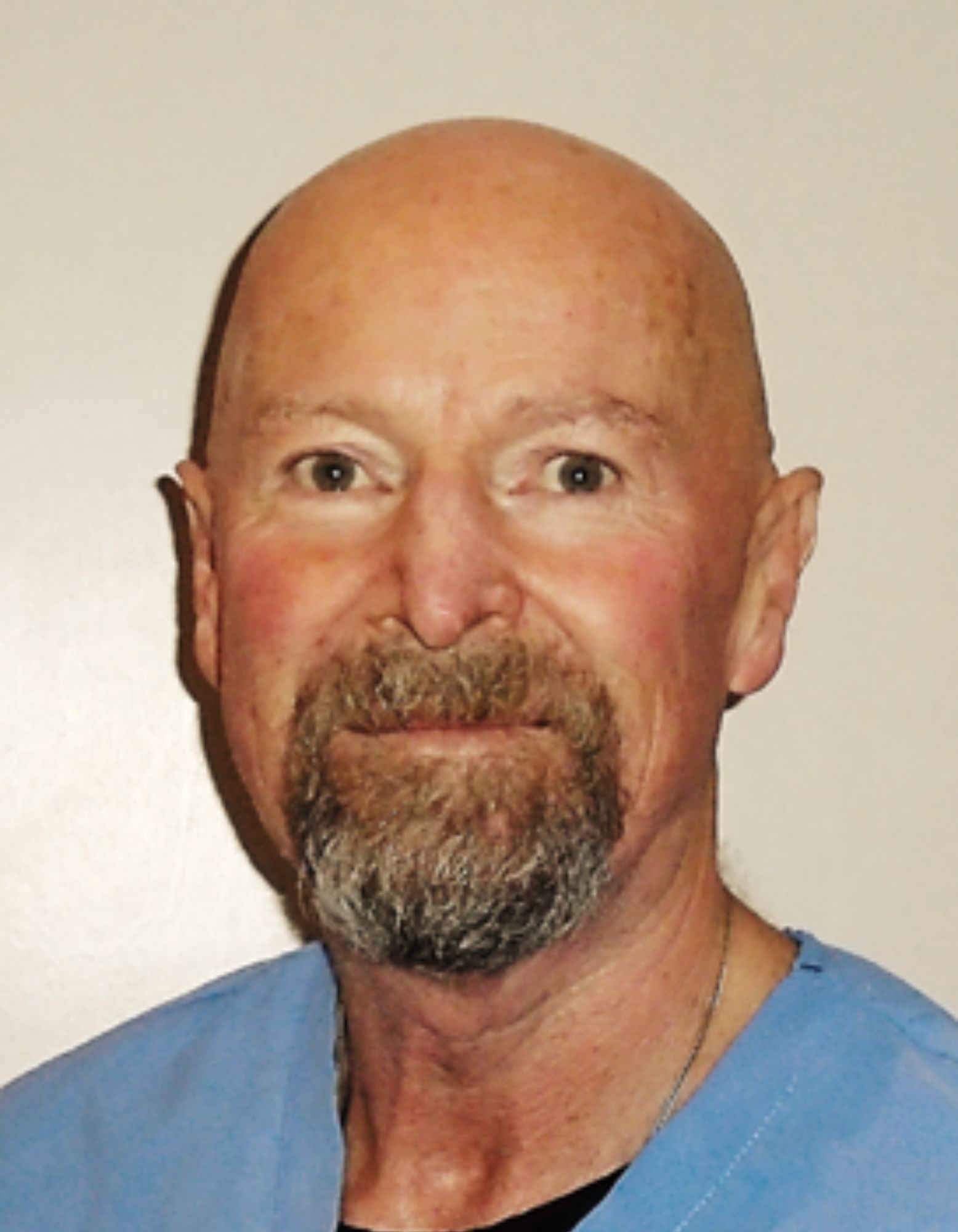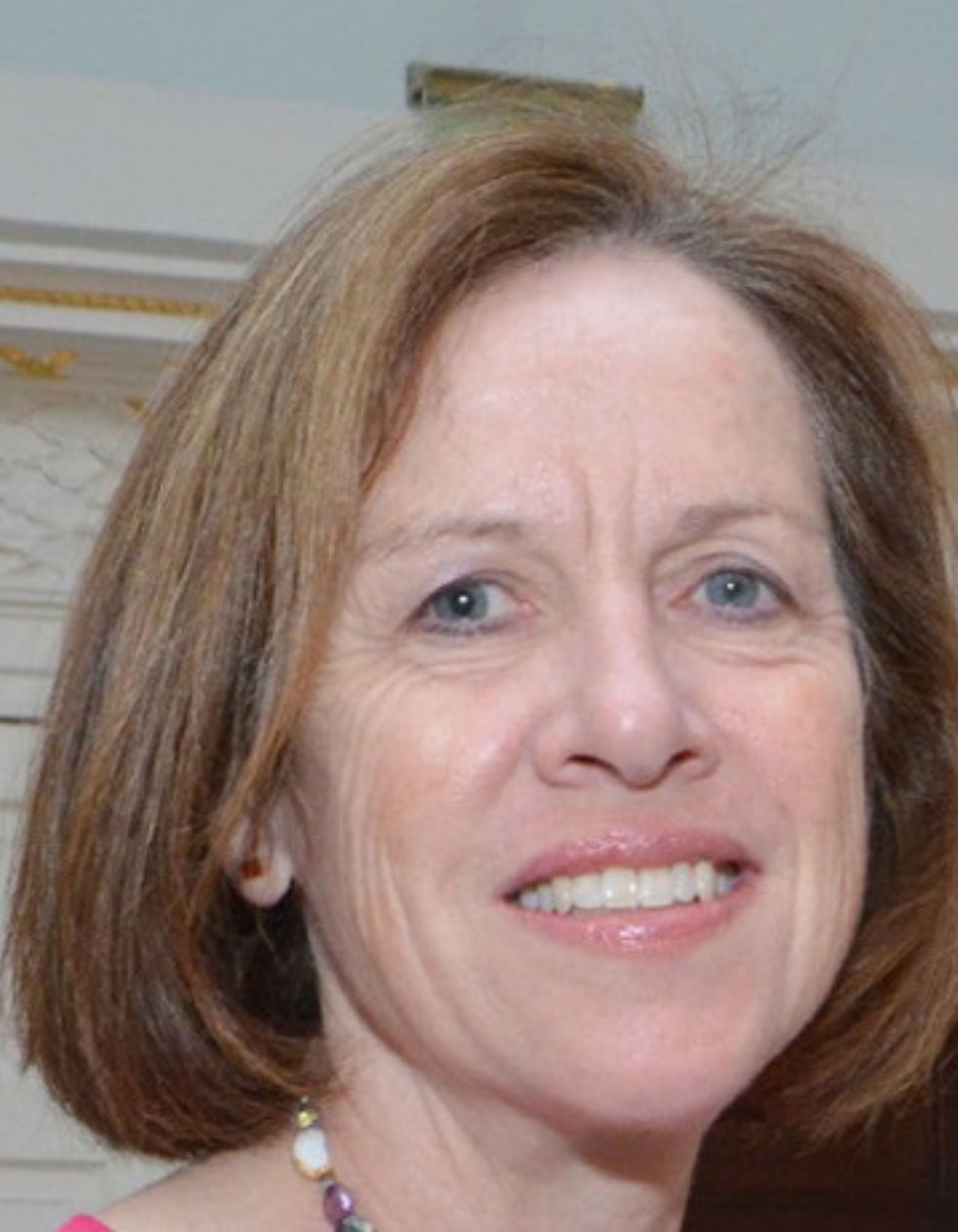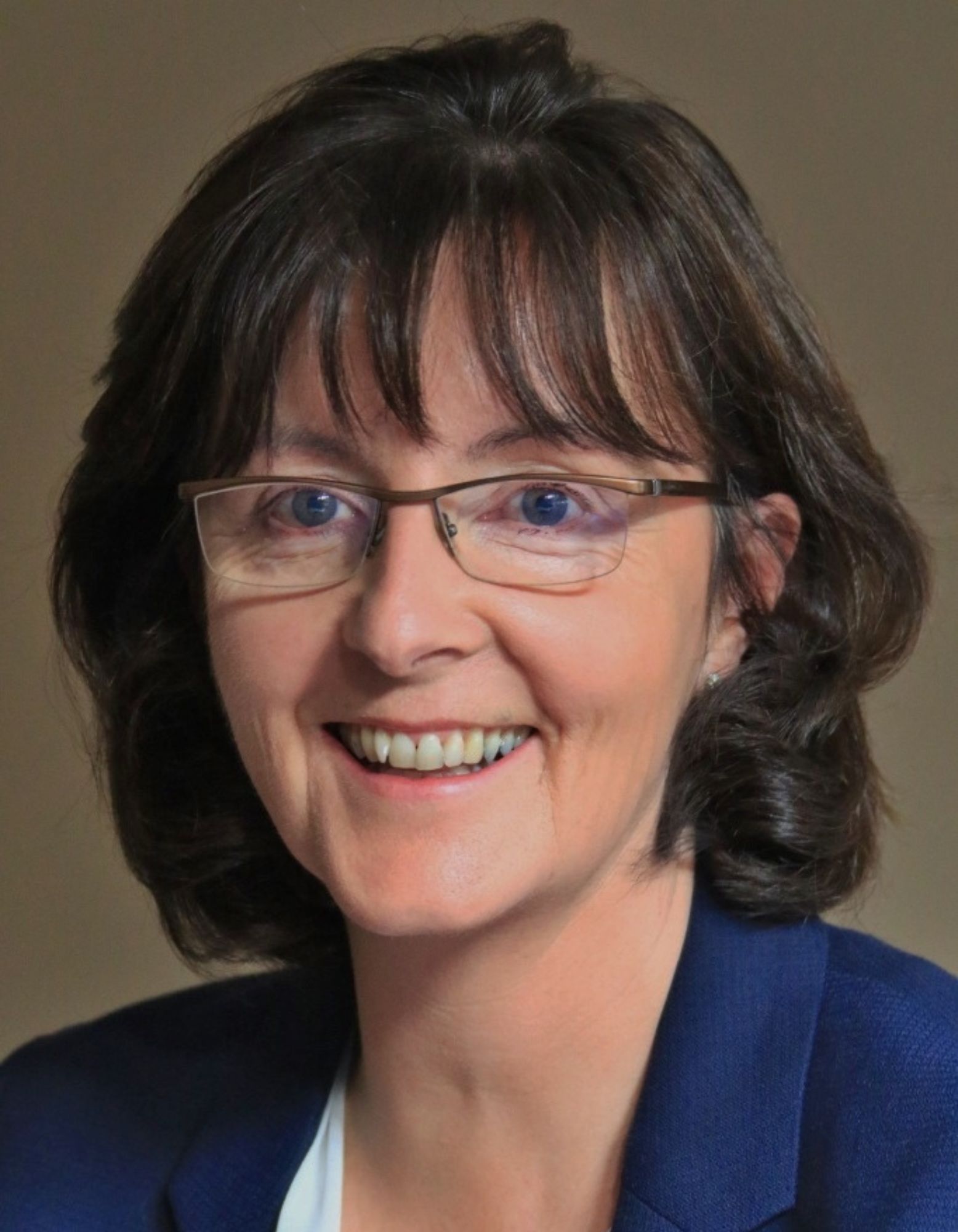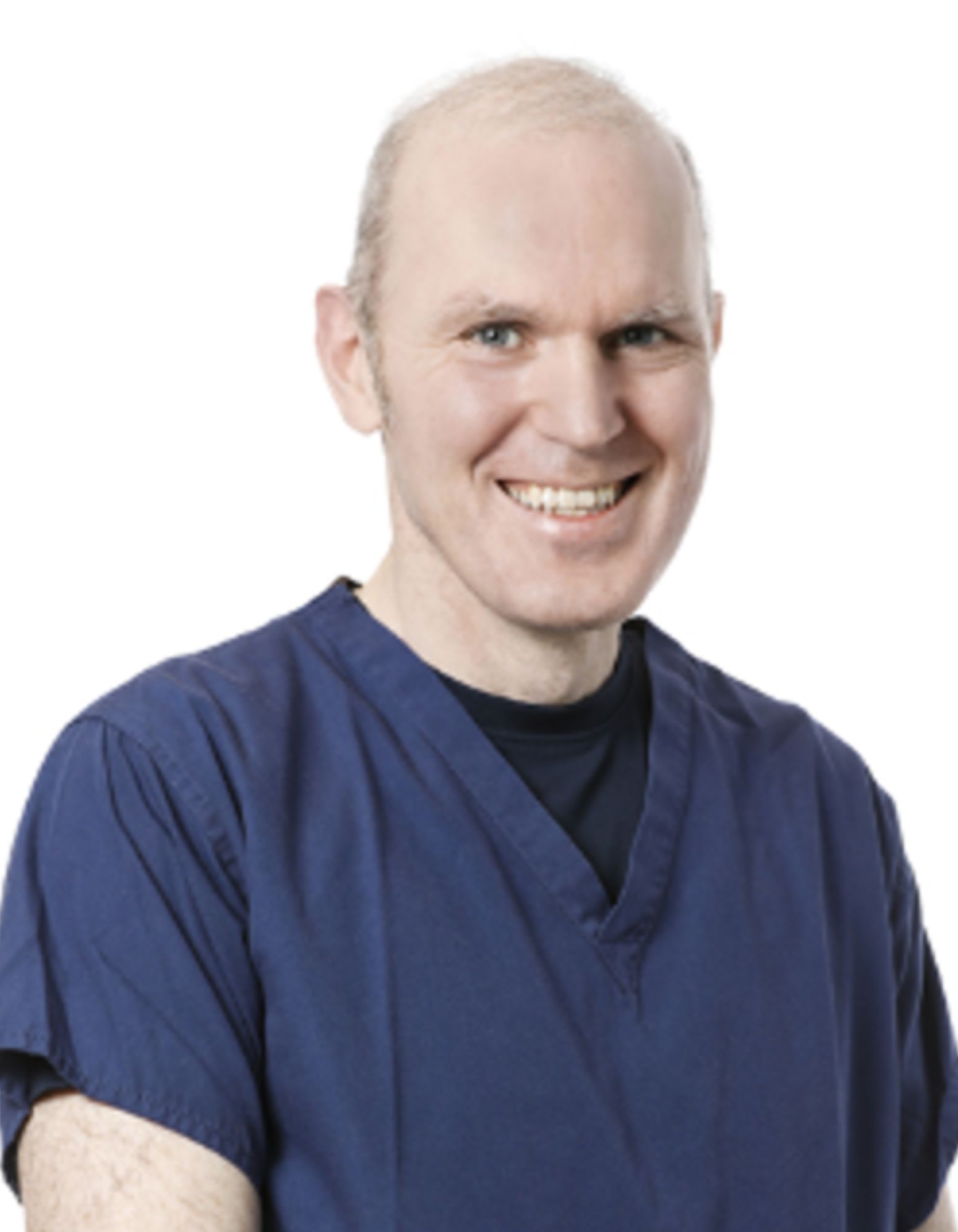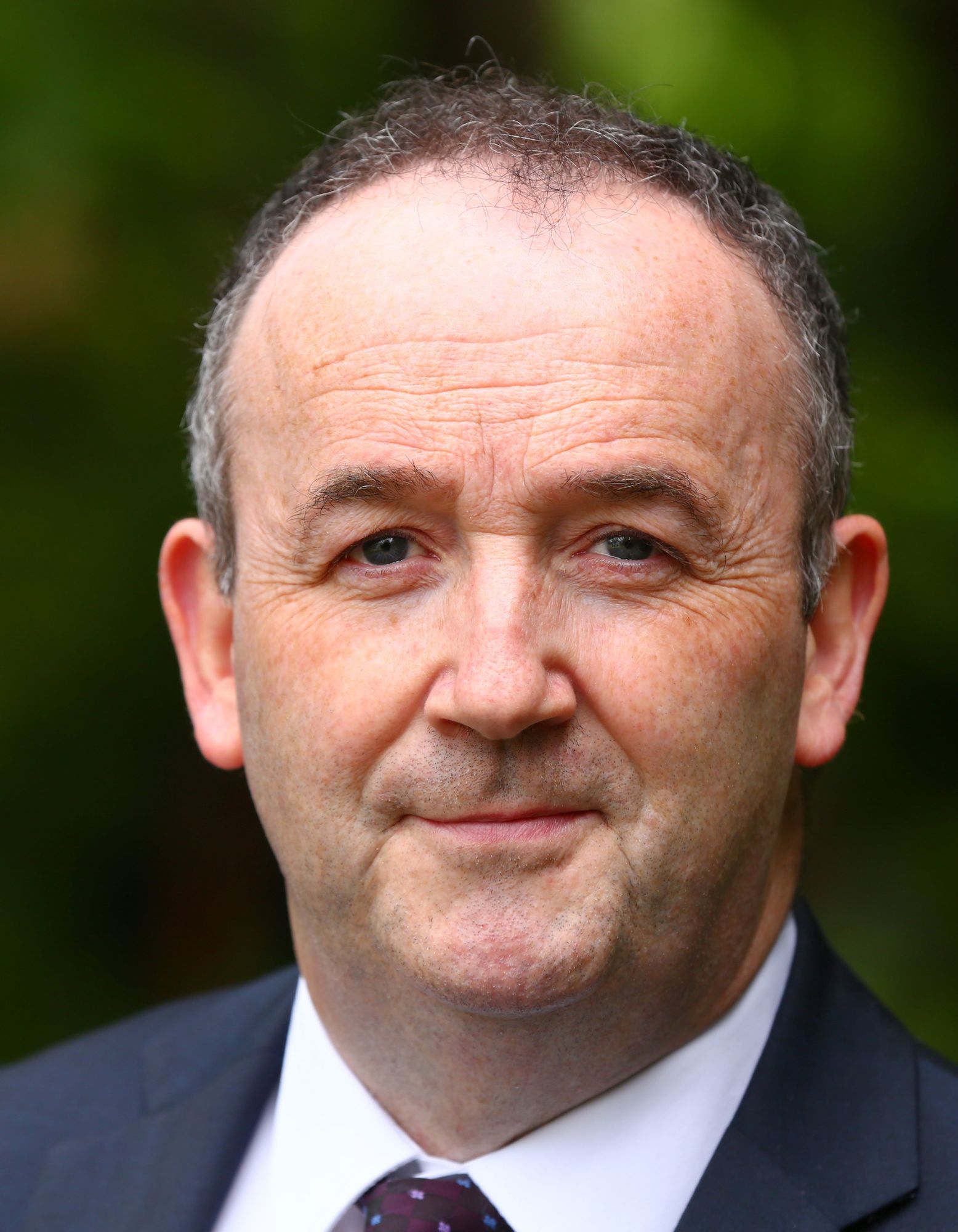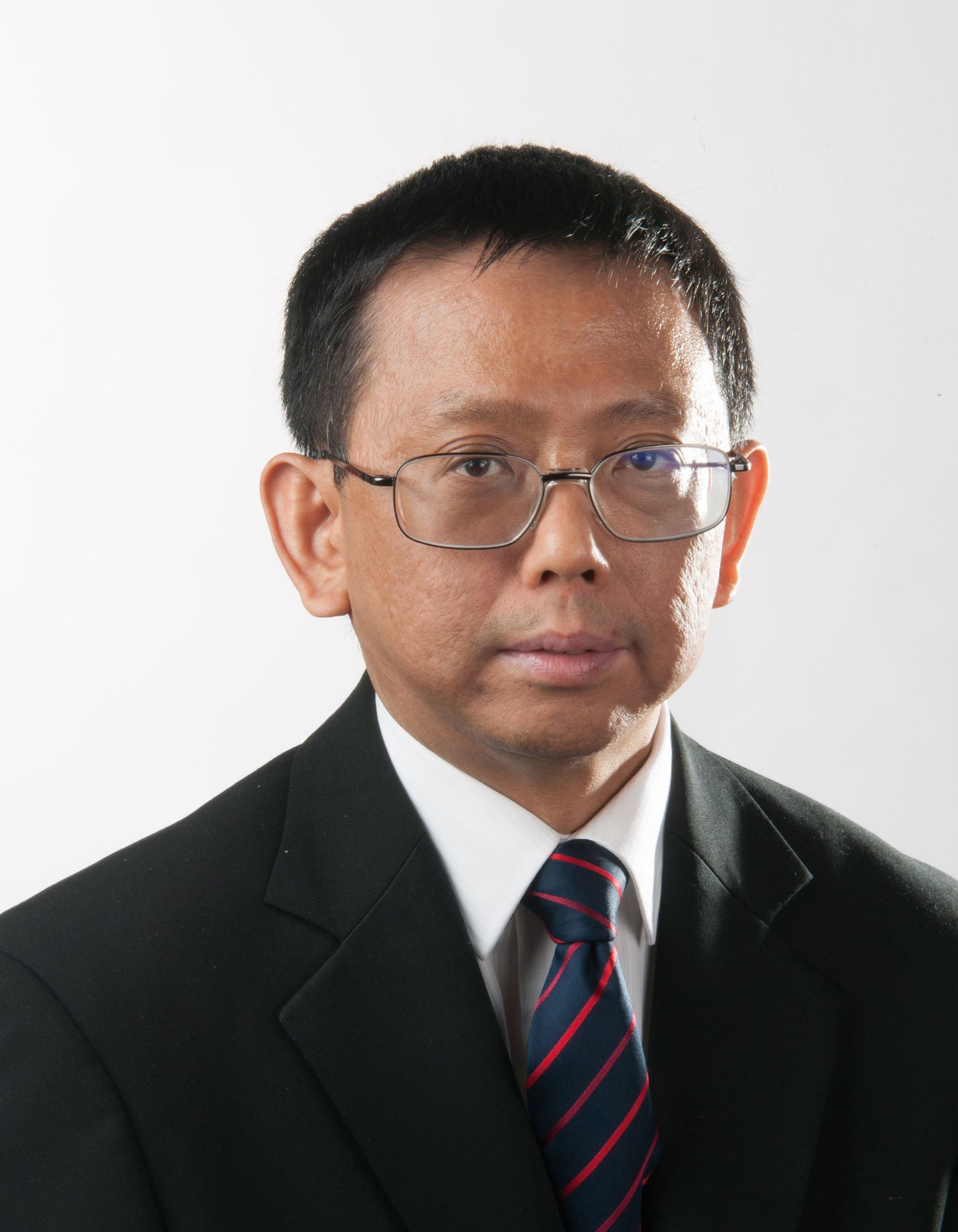MFD Examination
(Available to Sit Online Worldwide)
The MFD RCSI is an examination that can be taken by dentists at any stage of their career: for example, newly qualified, those hoping to undertake specialist training, those working in general practice. The examination does not require specialist knowledge: what is expected is that which would be reasonably expected of a dental school graduate with 1-2 years post-qualification experience.
The examination places a strong emphasis on clinical dentistry, with some questions on the underlying relevant clinical sciences. The examination consists of two parts. Candidates who successfully complete both parts of the MFD examination are awarded the Membership of the Faculty of Dentistry (RCSI) qualification.
Historically offered as a face to face examination, the Faculty of Dentistry, RCSI recently announced the development of an online format of the MFD examination.
The online MFD Part 1 consists of one 3 hour assessment with:
- 375 True/ False MCQs (keeping the same format from the written version, there are 75 stems with 5 parts each which are either true or false)
- 33 Single Best Answer questions (where a statement is presented and candidates select what they feel is the “best” or most appropriate answer.
The online MFD Part 2 consists of one 90 minute assessment with:
- 15 OSCE / Clinical Scenario based questions where you will enter your responses online.
To access the online MFD Part 1 and 2 examinations, candidates require the following technology:
- Internet connection (ideally a hardwired ethernet connection, or alternatively Wi-Fi that has a high Mpbs speed)
- Desktop or laptop computer that has a minimum of 4Gb RAM and has a webcam
- Windows 7+ or Mac 10.8+
Fees
MFD Part 1 - €800 Euros
MFD Part 2 - €900 Euros
Notice to MJDF (Membership of the Faculty of the Joint Dental Faculties) Candidates:
Candidates with MJDF Part 1 can apply directly into MFD Part 2. While the Faculty of Dentistry normally expects candidates to have completed MJDF Part 1 within the previous 5 years, we will allow considerations on a case by case basis for a limited period. Similarly candidates in possession of MFD/MFDS Part 1 or the Diploma of Primary Care Dentistry (Dip PCD RCSI) qualification can apply directly into MFD Part 2.
Please browse through the links to find out more about the MFD RCSI Examination.
MFD Frequently Asked Questions
Candidates must be in possession of an undergraduate dental qualification recognised by the Royal College of Surgeons in Ireland. The examination may be taken at any time following graduation from Dental School.
Yes, the exam is available to all eligible candidates worldwide, once you meet our minimum software/technology requirements. The online MFD Part 1 exam is a great opportunity to allow candidates to complete the exam from the comfort of one’s own home particularly in the current Covid-19 climate. This is a carefully planned new format, which the Faculty of Dentistry, RCSI hopes will continue to allow candidates to be assessed and progress with their careers.
The MFD Part 1 is structured to be 50/50 basic sciences and clinical dentistry. In the Diploma exam, the emphasis on clinical dentistry accounts for approximately 80% of the examination. Both are three hour exams are both have the same exam format of 75 MCQs and 33 SBAs.
As both exams are equivalent, that will be each candidates individual decision. However, the Diploma exam allows you to gain another set of qualifications from RCSI – Diploma of Primary Care Dentistry (RCSI), which MFD Part 1 does not offer. Passing either the Diploma or MFD Part 1 will allow you to sit MFD Part 2 (candidates should normally be a minimum of 12 months graduated from Dental School when presenting for MFD Part 2).
The online exam is taken on a computer using a third party application. Instead of writing answers using pen and paper, or in the case of multiple choice - using bubble sheets, everything is done electronically on a computer, so depending on the questions types used, you might be selecting the answer by clicking your mouse or using your keyboard to enter data.
To access the online MFD Part 1 exam candidates will require the following technology:
• Internet connection (ideally a hardwired ethernet connection, or alternatively Wi-Fi that has a high Mpbs speed)
• Desktop or laptop computer that has 4Gb RAM and has a webcam
• Windows 7+ or Mac 10.8+
The examination fee is €800 (Euros)
You can view and register for our online exams here. Our online exams are very popular and to maintain the quality, we only have a limited capacity for each of the online exams that we run.
No exemptions are offered from any part of the examination.
There is no limit on the number of attempts for this examination. However, examiners may, at their discretion, defer for two years, a candidate whose performance is such that re-examining within such a time is not considered to be in his/her best interest.
We would advise candidates to ideally have a hardwired ethernet connection, or alternatively Wi-Fi that has a high Mpbs speed. You can check your Mpbs speed here - https://www.speedtest.net/
The traditional clinical section/skills station will not take place online. However, some questions may arise in relation to this section.
Candidates should normally be a minimum of 12 months graduated from Dental School when presenting for MFD Part 2. Candidates must be in possession of MFD Part 1 or equivalent (Part 1 MFDS, MJDF) OR possession of the Diploma of Primary Care Dentistry [DipPCDRCSI]. A valid CPR/BLS cert dated within the past 2 years is also a requirement.
Yes, the exam is available to all eligible candidates worldwide, once you meet our minimum software/technology requirements. The online MFD Part 2 exam is a great opportunity to allow candidates to complete the exam from the comfort of one’s own home particularly in the current Covid-19 climate. This is a carefully planned new format, which the Faculty of Dentistry, RCSI hopes will continue to allow candidates to be assessed and progress with their careers.
No, we hope that we will be able to hold face-to-face sittings again in the near future. We may also continue to hold some online sittings to coincide with this.
The online exam is taken on a computer using a third party application. Instead of writing answers using pen and paper, or in the case of multiple choice - using bubble sheets, everything is done electronically on a computer, so depending on the questions types used, you might be selecting the answer by clicking your mouse or using your keyboard to enter data.
To access the online MFD Part 2 exam candidates will require the following technology:
• Internet connection (ideally a hardwired ethernet connection, or alternatively Wi-Fi that has a high Mpbs speed)
• Desktop or laptop computer that has 4Gb RAM and has a webcam
• Windows 7+ or Mac 10.8+
The examination fee is €900 (Euros)
You can view and register for our online exams here. Our online exams are very popular and to maintain the quality, we only have a limited capacity for each of the online exams that we run.
Candidates who have completed three years Specialty Training and are 5 years following undergraduate qualification will be exempt MFD Part 1. Also, candidates who hold the MRCS qualification will be exempt MFD Part 1.
Candidates will normally be allowed a maximum of 5 attempts within 5 years to successful complete the MFD Part 2 examination.
The exam questions are all carefully standard set. It is the aggregated marks scored for all the questions that will determine whether a candidate passes the exam.
It is expected that candidates will have competency of typing at least 40 words per minute. The OSCE is a knowledge test where short and succinct answers are required, not essays. Candidates giving concise and to the point answers demonstrating their clear knowledge to the questions will have no difficulties finishing the paper within the time allocated for the exam.
CPR/BLS certificate should normally be completed within the past two years. Certificates must be valid on the date that the exam takes place.
We would advise candidates to ideally have a hardwired ethernet connection, or alternatively Wi-Fi that has a high Mpbs speed. You can check your Mpbs speed here - https://www.speedtest.net/
Yes, whether MFDRCSI is awarded online or face-to-face, the examination is of exactly the same and equal standing.
If you would like further information about this examination, please enter your details below and we will contact you directly:


